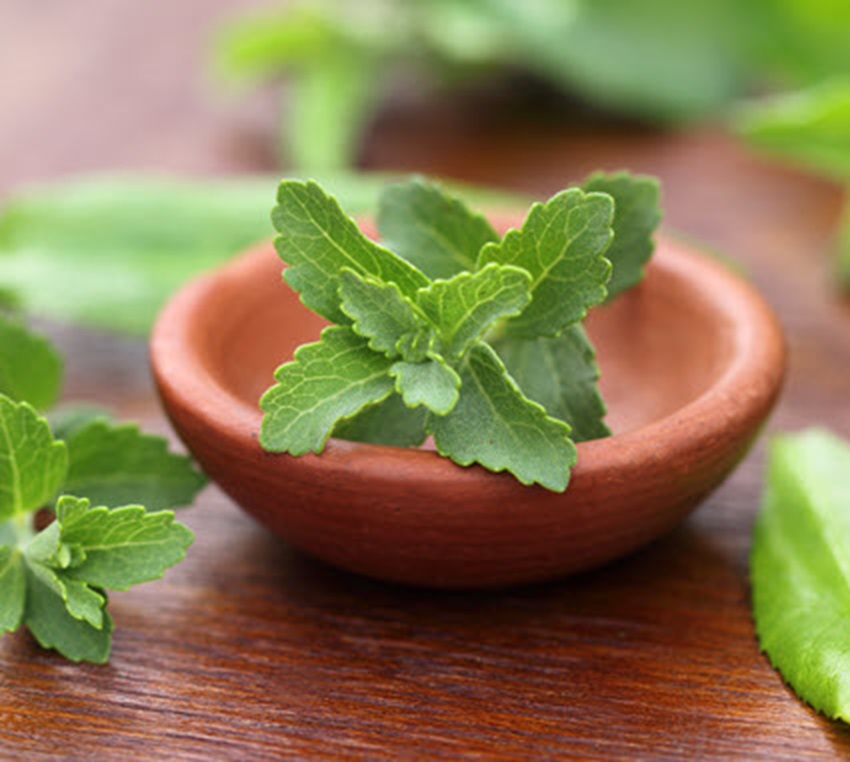We unleash your business potential by maximize the business innovation.
Send EmailE960, Stevia, Stevia Extract Powder, Steviol Glycosides, Rebaudioside A, Reb A, Reb M, 57817-89-7, 58543-16-1
🧪 Stevia – Technical Overview
| Attribute | Details |
|---|---|
| Primary CAS No | 57817-89-7 (Stevioside) |
| Other CAS Nos | 91722-21-3 (Stevia extract), 58543-16-1 (Rebaudioside A) |
| Chemical Class | Diterpene glycosides (Stevioside, Rebaudioside A, B, D, M, Dulcoside A) |
| Molecular Formula | C₃₈H₆₀O₁₈ (Stevioside) |
| Molecular Weight | ~804.88 g/mol |
| Form | White to off-white crystalline powder |
| Solubility | Water-soluble; slightly soluble in ethanol |
| Melting Point | ~198 °C |
| Stability | Heat-stable, pH-stable, non-fermentable |
| Sweetness Index | 200–450× sweeter than sucrose (depending on glycoside type) |
| HS Code | 29389090 |
| Certifications | HACCP, ISO, Halal, Kosher, FDA GRAS, EFSA approved |
🌿 Production Process
-
Harvesting: Stevia rebaudiana leaves are collected at peak glycoside concentration.
-
Extraction: Leaves are treated with water or ethanol to extract steviol glycosides.
-
Purification: Filtration, ion exchange, and crystallization yield high-purity stevioside or rebaudioside A.
-
Drying & Milling: Final product is dried and ground to powder form.
🍭 Applications
| Sector | Use Case |
|---|---|
| Food & Beverage | Sugar-free drinks, chewing gum, baked goods, sauces, dairy alternatives |
| Pharmaceuticals | Diabetic-friendly formulations, oral supplements |
| Cosmetics | Moisturizers, lip balms, anti-aging creams (as humectant or masking agent) |
| Animal Feed | Palatability enhancer in pet and livestock nutrition |
🏷️ Synonyms & Trade Names
-
Stevioside
-
Rebaudioside A / B / D / M
-
Dulcoside A
-
Stevia Leaf Extract
-
Glucosyl Steviol Glycosides
-
E960 (EU food additive code)
-
Stevia Sugar / Natural Stevia / Green Stevia
🔄 Alternatives & Comparisons
| Compound | CAS No | Notes |
|---|---|---|
| Sucralose | 56038-13-2 | Synthetic, 600× sweeter, heat-stable |
| Aspartame | 22839-47-0 | 200× sweeter, not heat-stable |
| Erythritol | 149-32-6 | Sugar alcohol, bulk sweetener |
| Monk Fruit Extract | 88901-36-4 | Natural, 150–300× sweeter, similar profile |
Stevia, also known as E960, is a natural sweetener derived from the leaves of the Stevia rebaudiana plant, native to South America. It is widely used as a sugar substitute due to its intense sweetness and low-calorie nature. Here are some key details:
Properties:
-
Sweetness Level: Stevia is approximately 200–300 times sweeter than sugar.
-
Calorie Content: It is virtually calorie-free, making it a popular choice for those managing weight or blood sugar levels.
-
Heat Stability: Stevia is heat-stable, which means it can be used in cooking and baking.
Applications:
-
Commonly used in beverages, desserts, and processed foods as a sugar alternative.
-
Available in various forms, such as liquid extracts, powders, and tablets.
Health Benefits:
-
Diabetes-Friendly: Stevia does not raise blood sugar levels, making it suitable for diabetics.
-
Dental Health: Unlike sugar, it does not contribute to tooth decay.
-
Natural Origin: It is plant-based and considered a healthier alternative to artificial sweeteners.
CAS Numbers:
-
57817-89-7 and 58543-16-1 are the CAS numbers associated with Stevia extracts.
Stevia is known by various names depending on its use, form, or regional context. Here are some common names:
Scientific and Commercial Names:
-
E960: European food additive code
-
Stevia Extract
-
Steviol Glycosides: The active sweetening compounds derived from stevia leaves
-
Rebaudioside A (Reb A): A refined compound often used in commercial products
-
Reb M: Another purified steviol glycoside variant known for its sweetness
Common or Informal Names:
-
Sugar Leaf
-
Sweetleaf
-
Stevia Sugar
-
Natural Sweetener
Stevia is a natural sweetener derived from the leaves of the Stevia rebaudiana plant. Here are some notable aspects of Stevia:
-
Sweetness: Stevia is incredibly sweet—up to 300 times sweeter than sugar—so only a small amount is needed to achieve the desired sweetness.
-
Calories: It's a non-caloric sweetener, which means it doesn't add any calories to your diet.
-
Health Benefits: Stevia has a negligible effect on blood glucose levels, making it a popular choice for people with diabetes or those following a low-carb or ketogenic diet.
-
Uses: It can be used in a variety of products, including beverages, baked goods, and desserts.
-
Forms: Available in liquid, powder, and granulated forms, making it versatile for different recipes.
Stevia is a great alternative to sugar for those looking to reduce their sugar intake without sacrificing sweetness.
CAS 57817-89-7 refers to stevioside, a steviol glycoside extracted from the leaves of the Stevia rebaudiana plant. It's commonly used as a natural, non-caloric sweetener.
CAS 58543-16-1 is rebaudioside A, another steviol glycoside from the same plant. It's also a popular natural sweetener, known for being about 300-400 times sweeter than sugar

